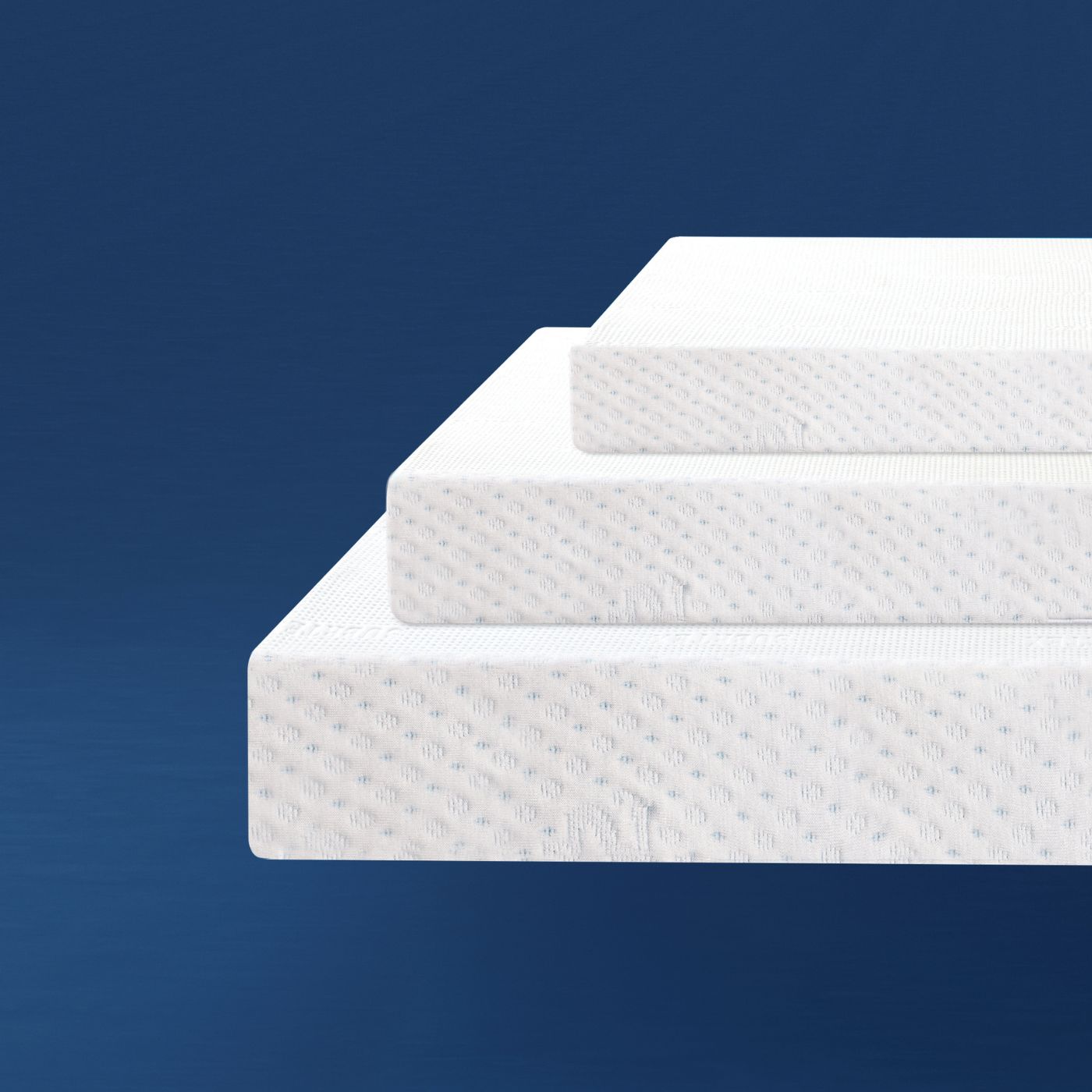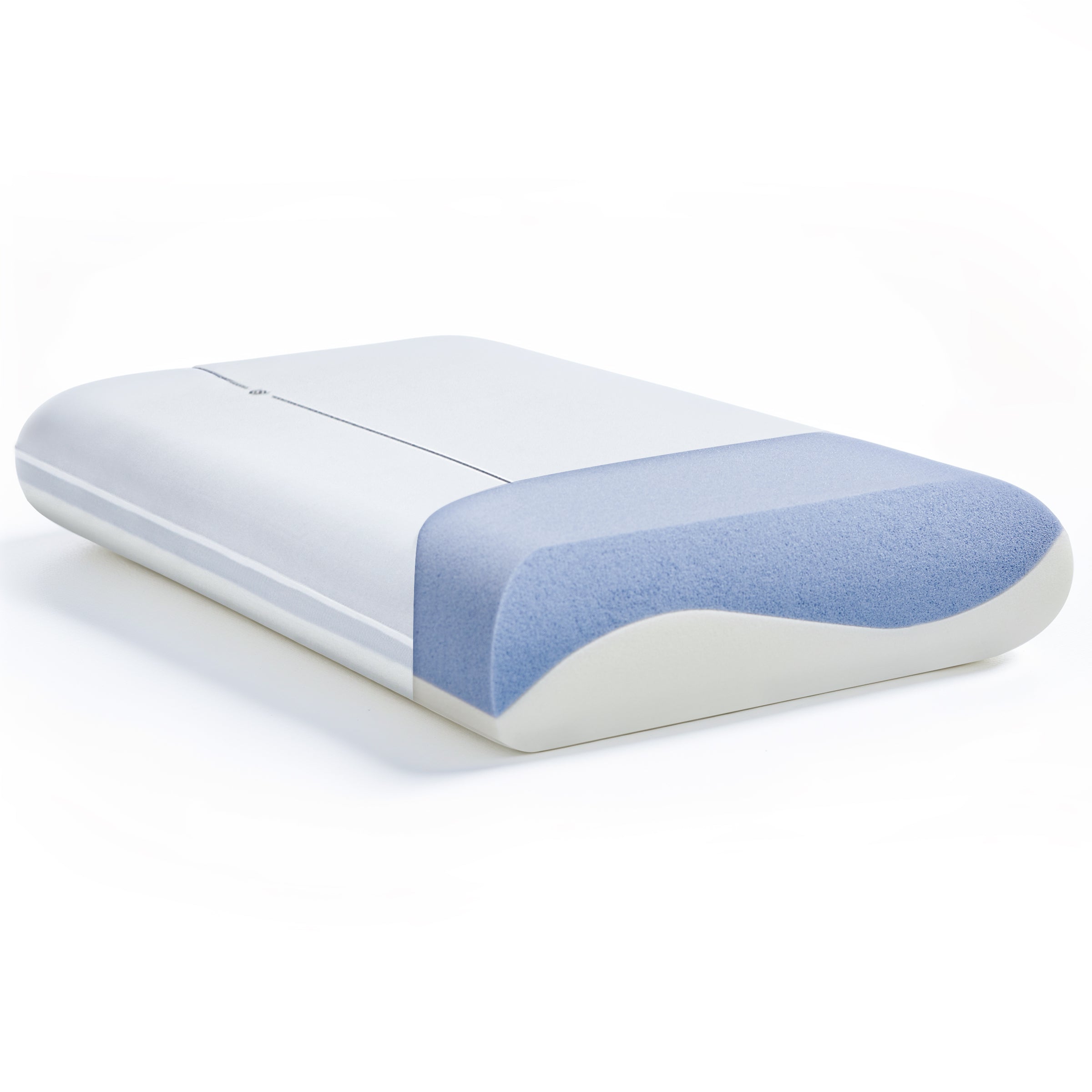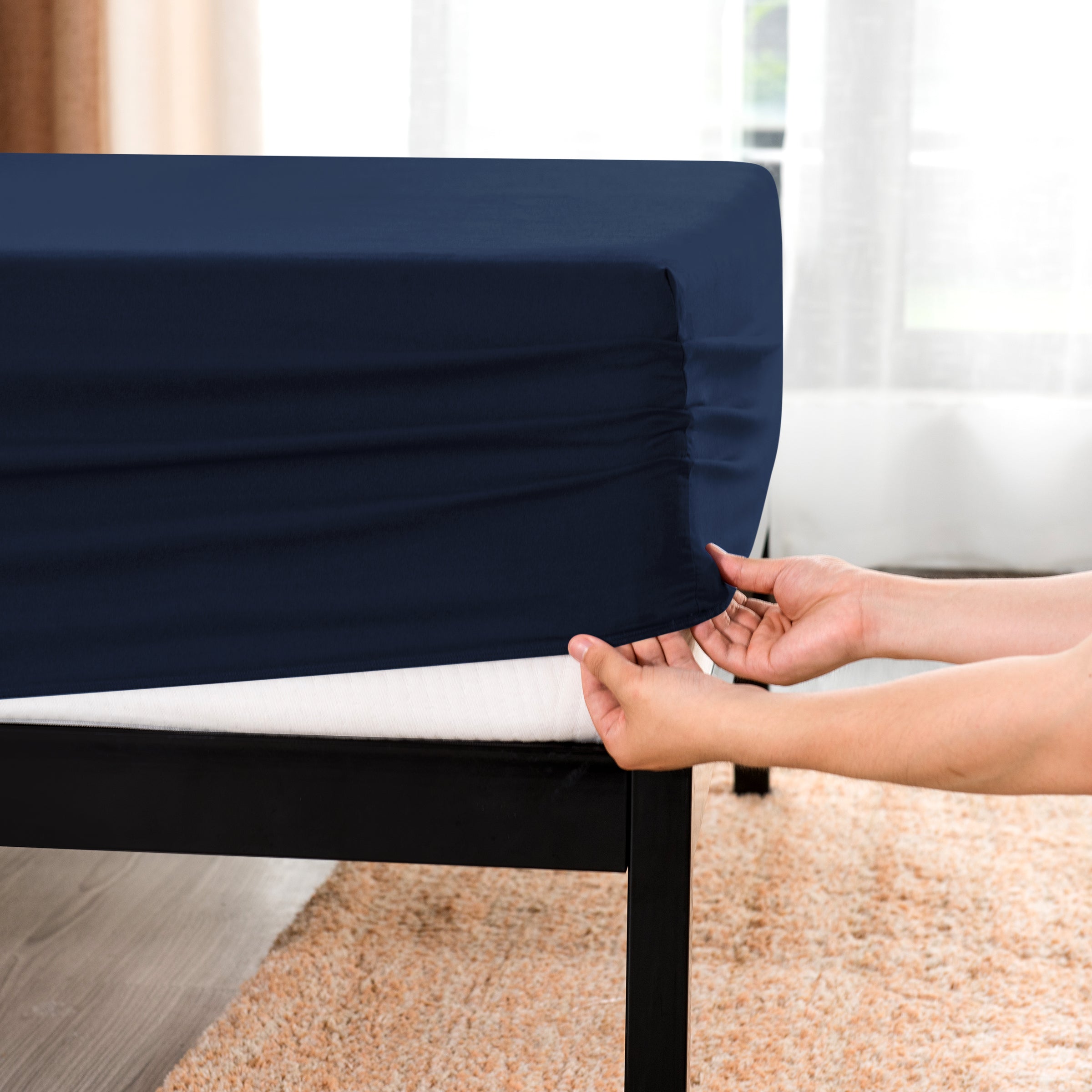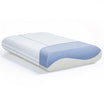We've all experienced the discomfort of tossing and turning on a hot, sweaty night. According to the National Center for Health Statistics, 14.5% of American adults struggle to fall asleep, while 17.8% find it difficult to stay asleep. These issues are often linked to overheating during the night. If you’re looking for ways to cool down and get a good night’s rest, you’re not alone. But don’t worry—we've got some great tips for hot sleepers to help you keep your cool while catching those Z's.
Why You Might Be Overheating at Night
Our bodies follow a 24-hour cycle known as the circadian rhythm, which helps regulate sleep and wake times. Though we call it an "internal" cycle, it’s actually influenced by various external factors. As bedtime approaches, your body naturally cools down, signaling that it’s time to sleep. However, if your body doesn't cool properly, you may struggle to fall or stay asleep.
When your body temperature rises during the night, it can trigger wakefulness, as your body might misinterpret this as a signal that it’s morning. Several factors can cause your body to overheat at night, including:
- Sharing Your Bed: Sleeping with a partner or pets can increase the overall body heat in your bed, making it harder for you to stay cool.
- Hormonal Changes: Hormonal fluctuations, like those during pregnancy or menopause, can lead to night sweats and overheating.
- Medical Conditions: Some medical issues, such as hyperhidrosis (excessive sweating) or even something more serious like low blood sugar, can cause night-time overheating. If you suspect a health issue, it’s wise to consult a doctor.
- Medication Side Effects: Certain medications, whether prescribed or over-the-counter, can cause your body temperature to rise as a side effect.
- Illness: A fever or general illness can naturally raise your body temperature, disrupting your sleep.
- Sleeping Environment: A hot or poorly ventilated bedroom can lead to an uncomfortable sleep, making it difficult to stay asleep or causing you to wake up sweating.
- Your Mattress Topper: The materials in your mattress play a significant role in how hot you get while sleeping. Traditional memory foam, though comfortable, can trap heat, leading to overheating. Opting for a mattress designed to keep you cool, like a Subrtex mattress topper, can help prevent this issue.
How to Stay Cool While Sleeping
1. Use a Fan for Extra Airflow Fans are a simple yet effective way to cool your room. If it’s cooler outside than inside, place a box fan in your window to bring in the cool air and push out the warm. Alternatively, direct a standing fan toward your bed to circulate air over your body. You can even place a bowl of ice behind the fan for an extra cool breeze.
2. Wear Lightweight Pajamas Your choice of sleepwear is crucial if you tend to overheat at night. Opt for breathable materials like cotton, linen, or bamboo, which allow air to circulate and keep you cooler. Avoid synthetic fabrics or silk, as they can trap heat and make you sweat.
3. Apply an Ice Pack to Pulse Points To quickly cool down, use an ice pack on pulse points like your wrists, neck, or the backs of your knees. These areas have blood vessels close to the skin’s surface, helping to lower your body temperature and make it easier to sleep.
4. Opt for Cooling Pillows If your pillow tends to overheat during the night, it can disrupt your sleep. Look for pillows made with cooling materials, such as gel-infused designs, to help regulate your temperature and ensure a more comfortable night’s rest.
5. Keep Blinds Closed During the Day Prevent your bedroom from heating up by keeping blinds or curtains closed during the day. This blocks direct sunlight and helps maintain a cooler room temperature, making it easier to sleep comfortably at night.
6. Use Breathable Sheets The material of your sheets can significantly impact how hot you feel at night. Opt for lightweight, breathable fabrics like cotton, which allow air to circulate and keep you cool. If you have sensitive skin, organic cotton is an excellent choice because it’s free from irritating chemicals.
7. Limit Alcohol Before Bed While alcohol might make you feel sleepy initially, it can disrupt your sleep by preventing you from entering deeper, restorative stages. It also raises your body temperature, making it harder to stay cool through the night. Reducing alcohol before bed can help you achieve a better, cooler night’s sleep.
8. Time Your Meals Right Eating too close to bedtime can raise your body temperature, making it harder to stay cool while you sleep. To avoid this, try to finish your last meal at least three hours before going to bed. This gives your body time to digest and helps regulate your temperature.
9. Create Cross-Ventilation in Your Room To keep your room cool, try creating cross-ventilation by opening windows on opposite sides of the room. This allows for better airflow, which can help reduce the temperature in your bedroom. If you can’t open your windows, positioning multiple fans strategically around the room can also help circulate air and keep you cool.
10. Buy a Cooling Mattress Topper Consider investing in a mattress topper designed to promote cooler sleep. A comfortable mattress topper is key to a good night's rest, as 93% of Americans agree. The materials in your topper can significantly affect your body temperature while sleeping. Look for toppers with cooling technologies, such as stay-cool foam, enhanced support, and breathable fabrics, to help you stay cool and comfortable throughout the night.



















Leave a comment
All comments are moderated before being published.
This site is protected by hCaptcha and the hCaptcha Privacy Policy and Terms of Service apply.